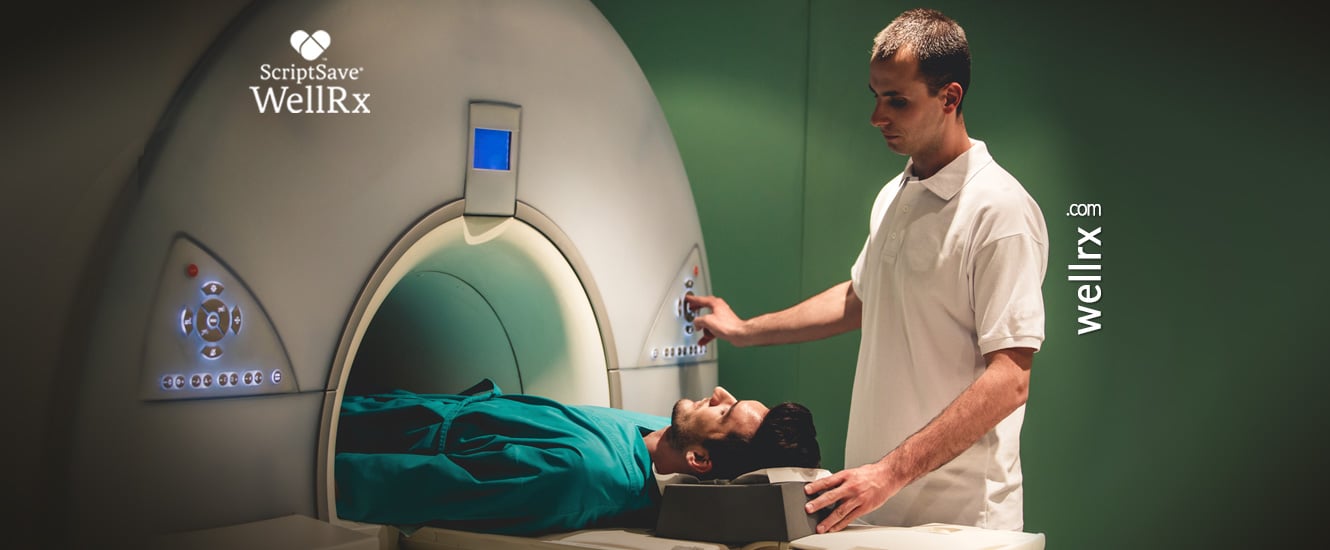If you or someone you know has been diagnosed with pancreatic cancer, you likely have a lot of questions. Learning some basics about pancreatic cancer can give you a better understanding of how pancreatic cancer affects the body and what to expect from treatment.
What Is Pancreatic Cancer?
Pancreatic cancer begins in the cells of the pancreas. The most common type of pancreatic cancer occurs when cells in the pancreas known as exocrine cells begin to grow out of control, eventually forming a tumor. Exocrine cells produce enzymes that are released into the small intestine to help break down food.
The pancreas is an abdominal organ that lies behind the lower portion of the stomach. The pancreas aids in digestion by releasing enzymes as well as hormones that help control blood sugar.
Pancreatic cancer, which is slightly more common in men than women, accounts for roughly 3 percent of all cancers in the United States and is responsible for 7 percent of cancer deaths.
Symptoms of Pancreatic Cancer
Catching any type of cancer early often improves prognosis and allows for more treatment options. However, because the pancreas is located deep within the abdomen, tumors can be difficult to detect at an early stage. By the time symptoms develop, tumors may be very large and may have already spread to tissues outside the pancreas.
The following symptoms are commonly associated with pancreatic cancer. However, because these symptoms can also be caused by other conditions, it is important to see a doctor to determine the exact cause and best course of treatment.
Jaundice
Some tumors in the pancreas develop near the common bile duct, which is a tube that carries bile from the liver through the pancreas and into the intestines, where it helps break down fats. If the common bile duct becomes blocked, it can lead to a buildup of bilirubin, a dark yellow-brown substance found in bile. This buildup of bilirubin causes jaundice, a condition in which the skin and the whites of the eyes turn yellow. Jaundice can also cause dark urine, greasy stool, and itchy skin. Most people with pancreatic cancer will develop jaundice at some point.
Back Pain or Abdominal Pain
Abdominal pain or back pain is a fairly common symptom of pancreatic cancer. When tumors that begin in the pancreas grow large enough, they can press on other abdominal organs, causing pain and discomfort. Cancer can also spread to nerves around the pancreas, causing back pain.
Stomach Problems
Cancer in the pancreas can press on the stomach, making it difficult for food to pass through. This can affect the appetite and lead to unintended weight loss. It can also cause nausea, vomiting, and pain after eating.
Blood Sugar Issues
In some cases, pancreatic cancer can destroy the cells in the pancreas that produce insulin, which helps control blood sugar. This can lead to small changes in blood sugar, which may not cause symptoms but can be detected with a blood test. For some people, these changes in blood sugar can cause diabetes.
Causes
Although it isn’t clear what causes pancreatic cancer, research has identified some factors that can increase the risk.
A family history of pancreatic cancer or certain other cancers can increase the risk of pancreatic cancer. This is often due to a certain genetic variation that is passed from one generation to the next. Although this is sometimes referred to as genetic cancer, cancer itself is not an inherited disease. Rather, only the abnormal gene is inherited, which can increase the risk of cancer. Roughly 5 to 10 percent of all cancers are related to a genetic variation.
Other risk factors that can increase the risk of pancreatic cancer include smoking, diabetes, obesity, chronic inflammation, and advanced age. Most people with pancreatic cancer are diagnosed after the age of 65.
A combination of these factors can increase the risk even more, especially a combination of smoking, poor diet, and diabetes. You can reduce your risk if you stop smoking, follow a healthy diet, and maintain a healthy weight.
Testing for Pancreatic Cancer
People who are at an increased risk of pancreatic cancer may benefit from genetic testing, which looks for genetic conditions but does not test for cancer itself.
If you have symptoms consistent with pancreatic cancer, your doctor may order an imaging test, such as a CT scan or an MRI, to scan the body. If abnormal cell growth is detected, additional tests may be required to determine the extent of cancer.
Treatment for Pancreatic Cancer
Pancreatic cancer can be treated in a number of ways, depending on the exact type and stage of cancer. Surgery may be used if tests indicate that it is possible to remove all of the cancer cells. If the cancer is too widespread to be removed, palliative surgery may be recommended to relieve symptoms, such as a blocked bile duct.
Radiation therapy and/or chemotherapy may be used in cases where the cancer is widespread and can’t be removed by surgery. Radiation therapy may also help relieve symptoms, such as pain.
If you or someone you know is diagnosed with cancer, establishing a strong support system is key. Ask your doctor about cancer support groups and other support services in your area. Talking with a therapist or counselor can also help.
Karen Eisenbraun is a Certified Holistic Nutrition Consultant. She holds an English degree from Knox College and has written extensively about topics related to holistic health, clinical nutrition, and weight management.
References:
https://www.cancer.org/cancer/pancreatic-cancer/about/key-statistics.html
https://www.cancer.org/cancer/cancer-causes/genetics/family-cancer-syndromes.html
https://www.mayoclinic.org/diseases-conditions/pancreatic-cancer/symptoms-causes/syc-20355421













 Store & manage your medication list
Store & manage your medication list Medication pricing updates
Medication pricing updates Pill & refill reminders
Pill & refill reminders Medication journal & mood log
Medication journal & mood log